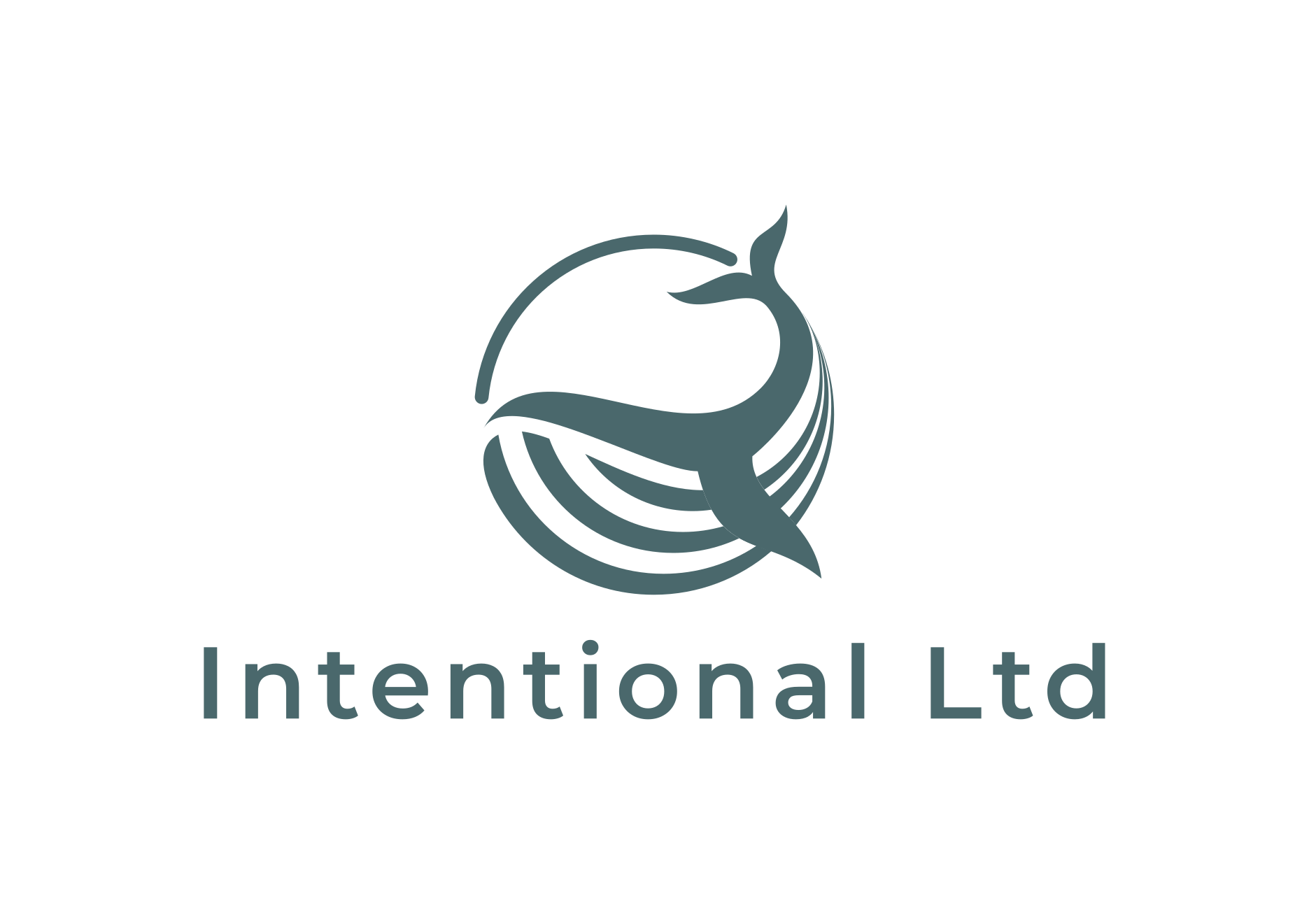Autism & Career Posts

Why is it so hard to make decisions?
How much do you hate making decisions? No, really.
How much time do you spend fretting, thinking through every possibility, and then coming up with some extra impossibilities just in case. Worrying you've forgotten some crucial bit of information. Waking up at night full of dread.
Then you spiral into thoughts about what's going to happen if you've got it wrong. Someone's going to embarrass you and catch you out. Maybe you'll have lost the business some money. Maybe you'll lose your job.
What if it didn't have to be this way?
What if you could make decisions with confidence, knowing that you've considered every aspect and perspective. You're better able to influence and communicate because you know exactly why you came to the decision you did. You don't need to second guess yourself on this anymore.
Enter: decision making checklists.
Why a checklist? Doctors use them for literal life or death situations. It's going to cope with your project decision.
What makes a decision well made?
A well made decision can still result in a bad outcome
Creating your very own decision making checklist
Everyone will need different things on this list depending on their job and the kinds of decisions they have to make.That's why I'm showing you how to make your own rather than using something generic that'll be more annoying than useful.
Grab some paper. Or a doc (but save it on your desktop so you don't forget it exists). Now it's time to start adding to it. Here are some prompts to get you started:
Think about some decisions you've made recently - what did you consider then?
What questions does your manager ask when you take a decision to them?
Think about someone you respect, but who often comes to different conclusions than you. What do they consider when making a decision?
And here are some questions you may wish to add:
Who are my stakeholders, and what do they need from this?
Who else's perspectives do I need to consider?
What are the likely impacts in 1 week, 1 month, and 1 year?
What would happen if I did nothing?
What other possible solutions are available? Are these viable?
Is there anything I need to do in addition to this to make it more effective?
What could happen that would make this a less effective solution?
What if everything went wrong?
What if everything went right?
Every time you make a decision, use this checklist. So put it somewhere you won't forget it exists. Add to it. Edit it. Make it work for you.
Over time, you'll have built yourself a really rich and personalised resource, taking the anxiety out of decision making because you know you've done the best you can with the information available.
www.intentionalcoach.co.uk


